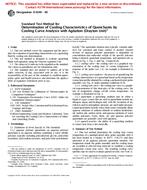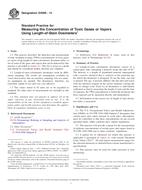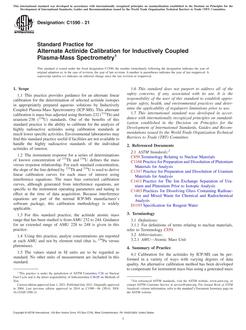1.1 Purpose and Application:
1.1.1 This guide summarizes the technique, equipment, field procedures, data processing, and interpretation methods for the assessment of shallow subsurface conditions using the seismic-reflection method.
1.1.2 Seismic reflection measurements as described in this guide are applicable in mapping shallow subsurface conditions for various uses including geologic (1), geotechnical, hydrogeologic (2), and environmental (3). The seismic-reflection method is used to map, detect, and delineate geologic conditions including the bedrock surface, confining layers (aquitards), faults, lithologic stratigraphy, voids, water table, fracture systems, and layer geometry (folds). The primary application of the seismic-reflection method is the mapping of lateral continuity of lithologic units and, in general, detection of change in acoustic properties in the subsurface.
Product Details
- Published:
- 05/01/2010
- Number of Pages:
- 25
- File Size:
- 1 file , 500 KB


